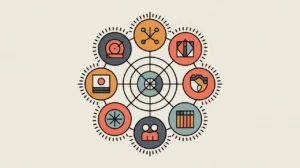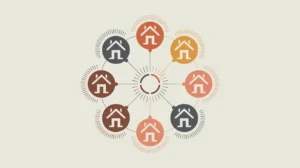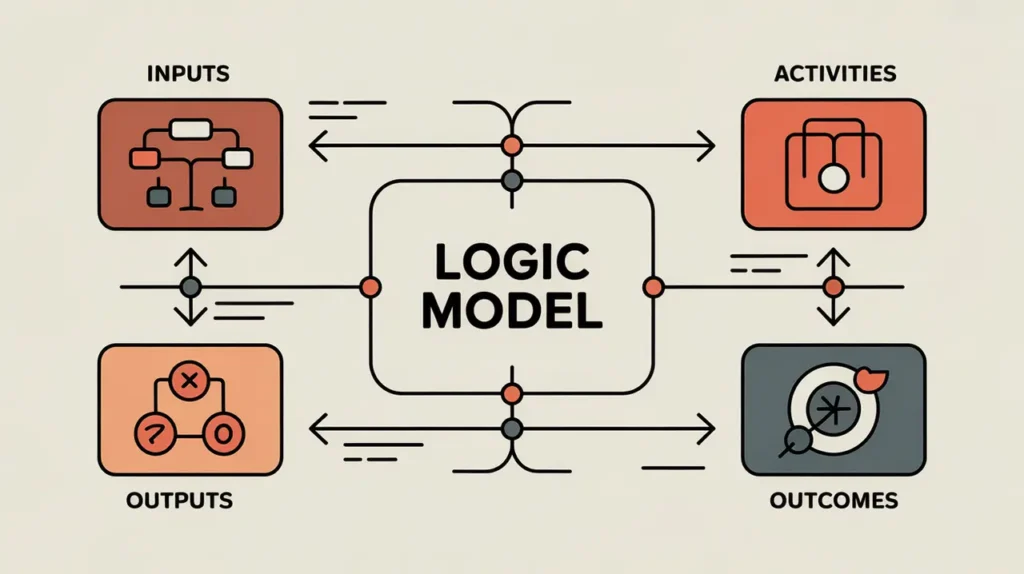Importance of Co-Creation
Co-creation ensures that solutions are developed collaboratively with the people and communities most affected by a problem. It is important because externally designed interventions often fail when they do not reflect local realities. In development and social innovation, co-creation matters because it builds ownership, trust, and relevance, while harnessing the creativity and insight of proximate actors.
Definition and Features
Co-creation is a participatory framework in which diverse stakeholders work together to design, test, and refine solutions. Its defining features include:
- Shared Ownership – communities and stakeholders shape priorities and outcomes.
- Collaborative Design – brings together practitioners, funders, policymakers, and beneficiaries.
- Mutual Learning – values both lived experience and technical expertise.
- Iterative Process – involves prototyping, feedback, and adaptation.
- Equity Focus – shifts power dynamics by centering proximate voices.
How this Works in Practice
In practice, co-creation may involve communities and NGOs designing new health service delivery models, funders and grantees developing grantmaking strategies together, or governments partnering with citizens to co-design digital platforms. For example, USAID and other development agencies use co-creation workshops to shape programs with implementing partners and local communities. Challenges include managing unequal power dynamics, balancing diverse priorities, and the time-intensive nature of genuine participation.
Implications for Social Innovation
Co-creation strengthens social innovation by ensuring that interventions are relevant, inclusive, and sustainable. It shifts the innovation process from designing for communities to designing with them. For practitioners, it provides richer insights and stronger legitimacy. For funders, supporting co-creation means investing time and resources in processes that value proximate leadership and collaboration. Co-creation can produce better solutions and build trust and capacity for long-term systemic change.







